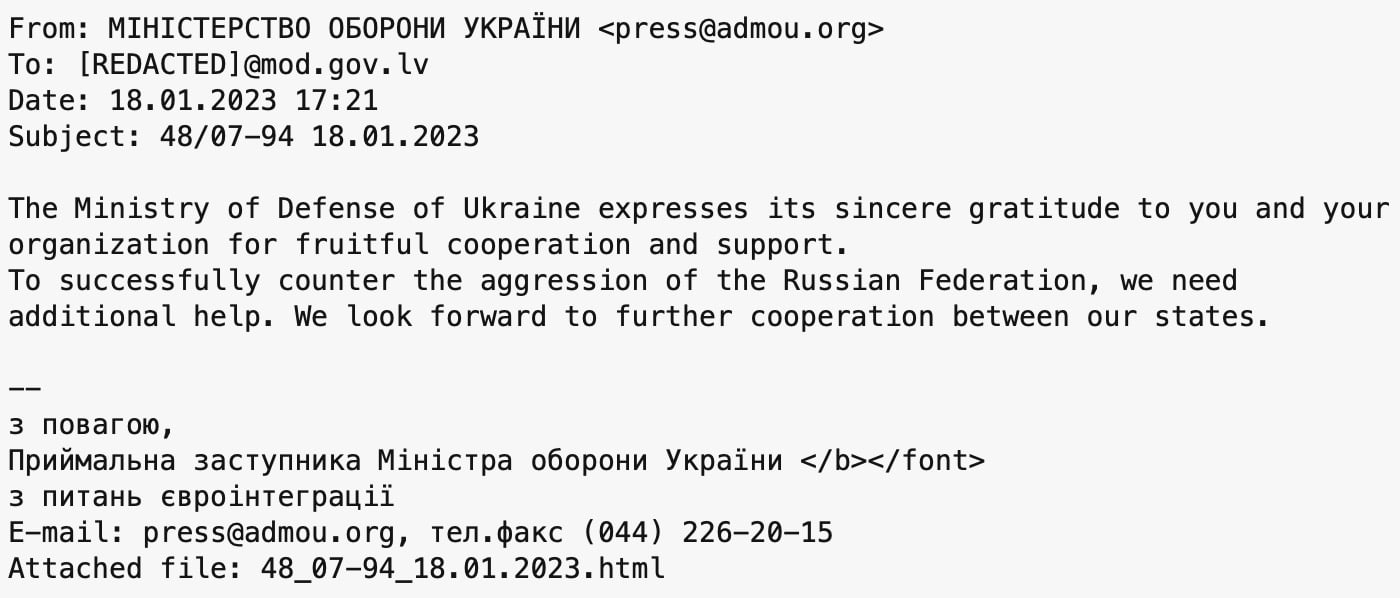Health ministry approaches CERT-In over hacking attempt of its website
The Union health ministry has asked the Indian Computer Emergency Response Team (CERT-In) under the the Ministry of Electronics and Information Technology to look into the reported attempt of hacking of its website allegedly by a Russian hacker group.
Cyber security experts from CloudSEK have claimed that Russian hacker group ‘Phoenix’ targeted the website and managed to get access to the ministry’s Health Management Information System portal and has details of all the hospitals of India, employees and and physicians data. ”We have sought details and asked the CERT-In to look into the alleged hacking of the health ministry’s website. They will submit a report,” an official source told PTI. CERT-In is the national nodal agency for responding to computer security incidents and provides prevention and response services to government departments and private bodies.
According to a report by CloudSEK, the group mentioned that the attack is ”a consequence of India’s agreement over the oil price cap and sanctions of G20 over the Russia-Ukraine war”.
”The motive behind this target was the sanctions imposed against the Russian Federation where Indian authorities decided not to violate the sanctions as well as comply with the price ceiling for Russian oil approved by G7 countries,” CloudSEK said.
”This decision resulted in multiple polls on the telegram channel of the Russian Hacktivist Phoenix asking the followers for their votes,” it stated. CloudSEK stated that Phoenix has been active since January 2022 and is known for phishing scams and a history of targeting hospitals based in Japan and the UK, US based healthcare organisation serving the US military and DDoS attack on the website of Spanish foreign ministry among others.
(This story has not been edited by Devdiscourse staff and is auto-generated from a syndicated feed.)




